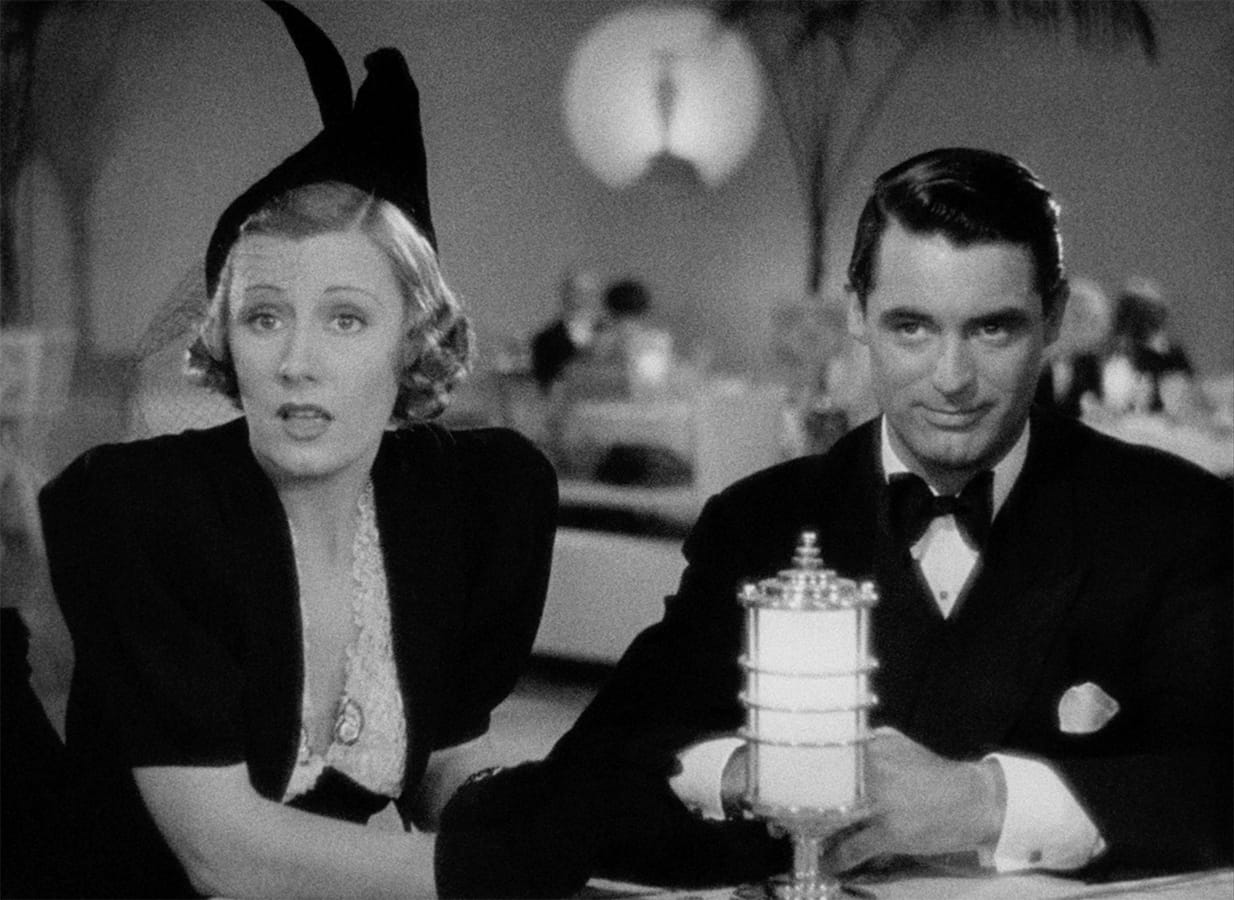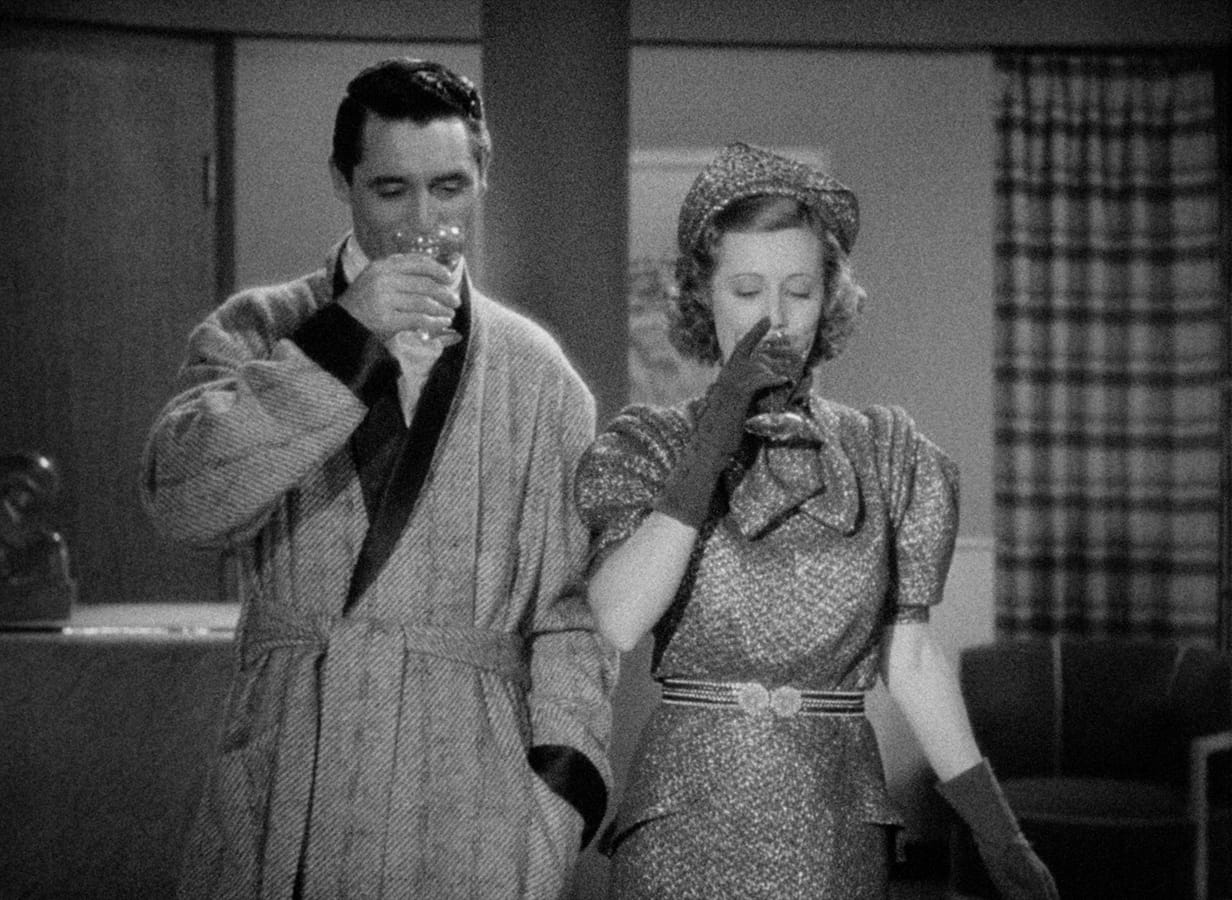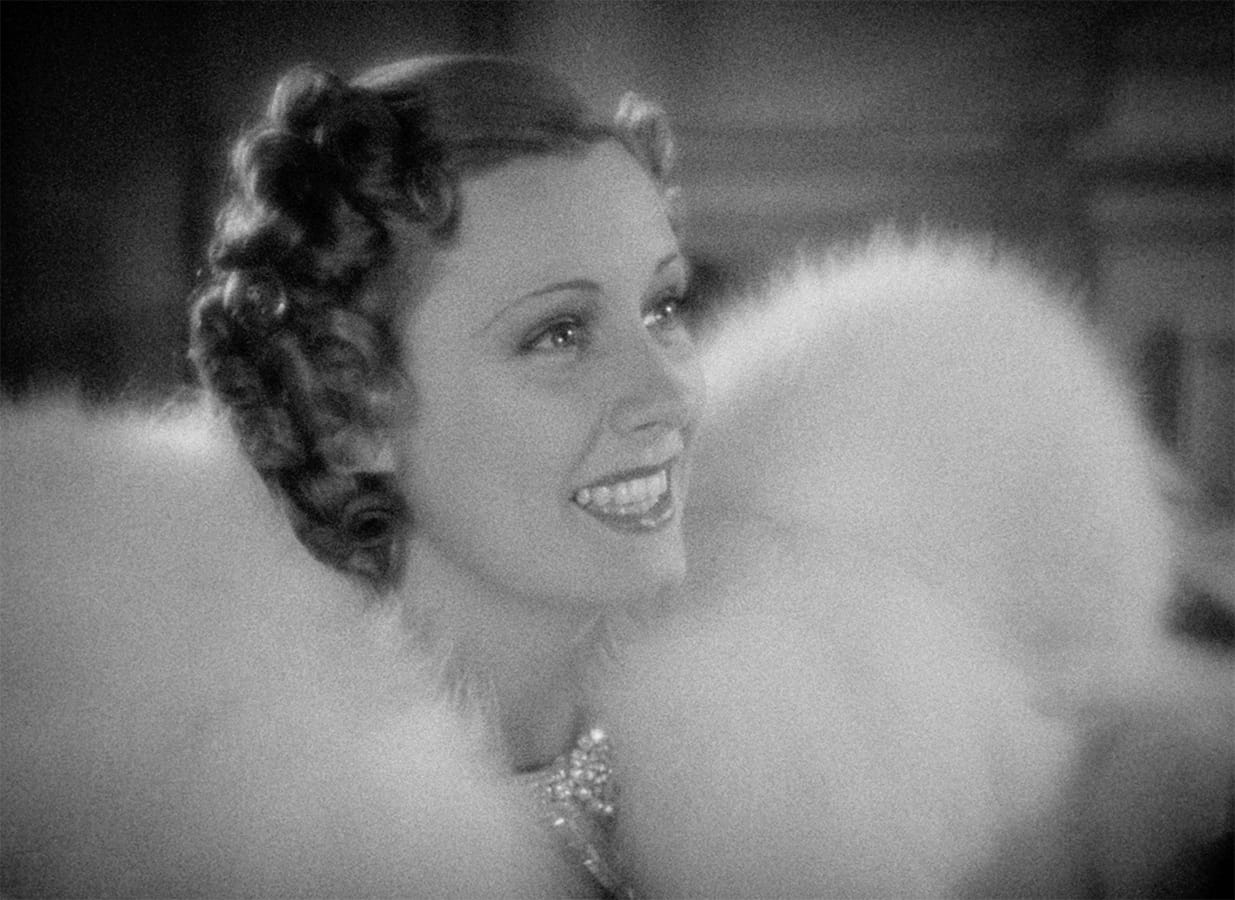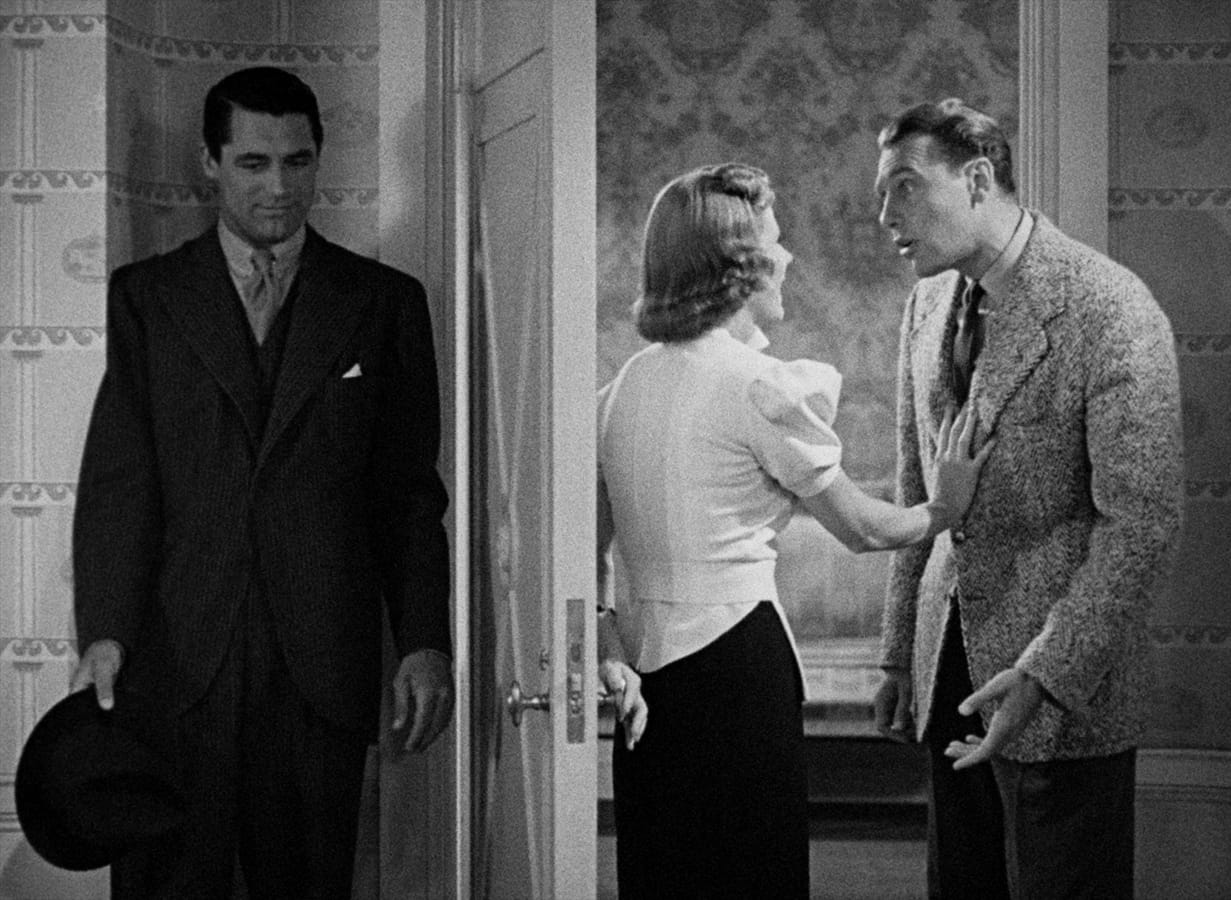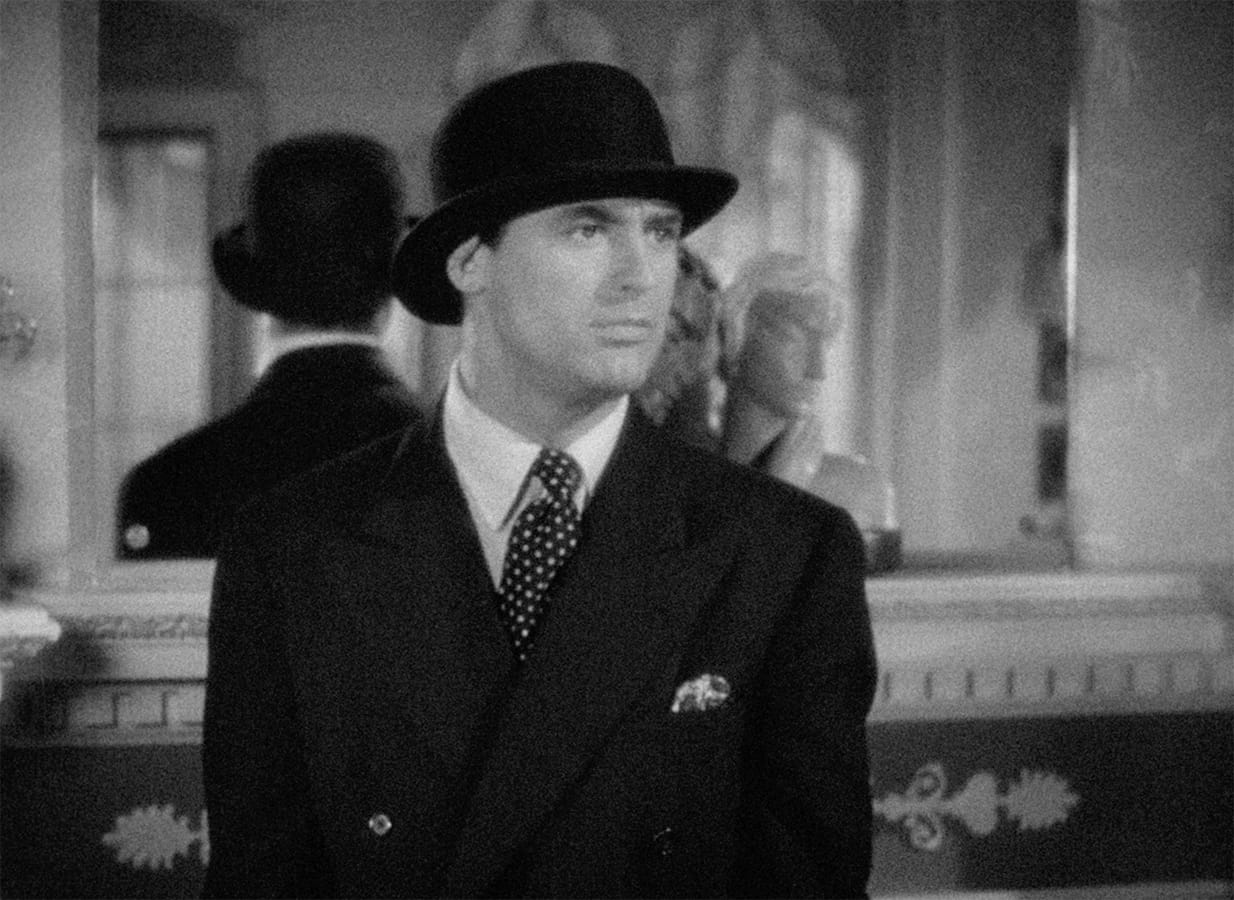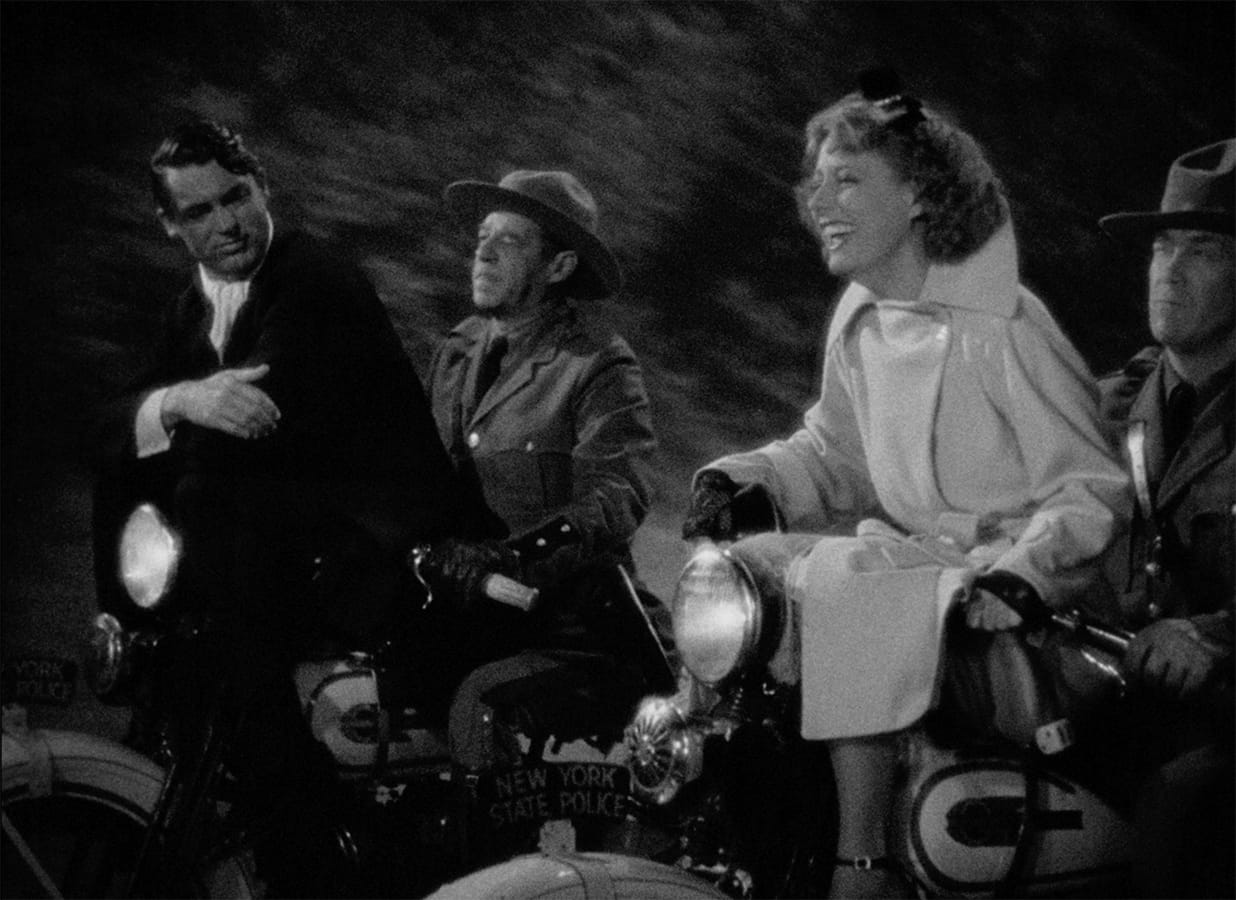The Awful Truth: Divorce, McCarey Style

His father, Thomas McCarey, was a well-known Hollywood boxing promoter, his mother a Frenchwoman, Leona, after whom he was named. He tried prizefighting himself—as a middleweight—but, at the urging of his upwardly mobile father, went to law school. In his own bid for greater respectability, Thomas sold his sports arena and opened a liquor store: both were frequented by movie people. The son, handsome and dark-haired, and a good student, practiced briefly after graduating from University of Southern California Law School, but it wasn’t for him. After falling down the shaft of an elevator, he sued, won five thousand dollars in damages, and invested the windfall in a copper mine—that went bust. A talented pianist, he wanted to be a professional songwriter and wrote hundreds of songs. We should count ourselves lucky that we’ve never heard of any of them, because if Leo McCarey had succeeded as a composer, he may not have become the filmmaking genius who brought these odd and often contradictory gifts and experiences to the cinema. Pugilism and passion, savoir faire and down-home bluntness, earthy humor and religious transcendence, custard pies and jealous wives. And music everywhere, characters singing and playing the piano, or the drums, dancing, time speeding up and slowing down.
As a director, McCarey would become a master of improvisation, and his scripts read like his early CV—they are full of holes and hard to pin down, chaotic and spontaneous, quicksilver and intuitive. Frank Capra and Ernst Lubitsch, to whom he was compared, had more sustained careers—Capra more good films, Lubitsch more great ones. But at his best, McCarey was better than Capra and equal to Lubitsch. His claims to greatness, reaching far back into silent film, include Laurel and Hardy two-reelers; the Marx Brothers comedy Duck Soup (1933); a beloved melodrama that, astonishingly, he wrote and directed twice—as Love Affair in 1939 and, in 1957, as An Affair to Remember; and two surprise blockbusters, Going My Way (1944) and The Bells of St. Mary’s (1945), gentle Catholic comedies starring Bing Crosby that reflect McCarey’s own devout Catholicism and feeling for the workings of divine providence.
At a young age (given as twenty in some reports, twenty-two in others), McCarey married (for life) his childhood sweetheart; around the same time, seeking fun but also stability, he followed up contacts in the movie industry and was hooked on the spot. With a job as a third assistant to Tod Browning at Universal, he hung out on sets, took on chores, even called himself a “script girl.” Adept as a gag writer, he soon left and went to Hal Roach Studios, where he worked from 1923 to ’29, becoming a full-time writer and director of shorts. There, his most significant contribution (for which he got credit only much later in life) was the pairing of Stan Laurel and Oliver Hardy, and he made some of their best films and worked uncredited on others. They were stars of the studio (Harold Lloyd had just left), which competed with Mack Sennett in a golden age that also featured such clowns as W. C. Fields, Fatty Arbuckle, Charlie Chaplin, and Buster Keaton.
With his range of experience, McCarey moved easily into sound, directing a variety of talkies for Pathé, Paramount, Fox, and United Artists, but soon found himself pigeonholed in pure comedy, his gifts exploited in the service of personae already established, like Fields and Mae West. McCarey wanted creative autonomy, which is why he wasn’t eager to work with the Marx Brothers, though Duck Soup would be their best film. Even so, it’s not until the deliriously antic Ruggles of Red Gap (1935) that you finally see him get the chance to bring the free-form exuberance of silent film into the sound era and also reach for something deeper.
“Replace custard pies with words—words as projectiles, soaring, tumbling, overlapping—and you have The Awful Truth, right up to the Sennett-style chase that ushers in the ending.”
